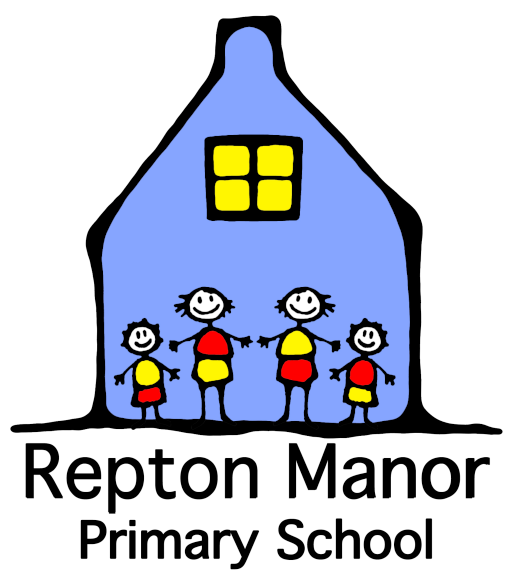Our Children
Nurture
Whole-school approach to Nurture
At Repton Manor Primary School, we strive to be a place of nurture for the children; the basis of our school is built upon the relationships we have with the children and families, which will allow them to be successful. This was recognised by Nurture UK in 2019 when we were awarded with the National Nurturing Schools Award. A whole school approach is considered the best way to support our children, everybody’s wellbeing is important and needs to be nurtured.
Children and young people can be faced with difficulties at school or home which, as well as affecting their emotional wellbeing and social skills, create barriers to learning. To unlock pupils’ potential, we provide them with the support they need to feel safe at school, to be able to get on with other children, and develop the confidence and resilience they need to succeed both academically and in life. The nurturing approach is underpinned by Quality First Teaching and promotes healthy outcomes for children by responding to their emotional needs. Children develop vital social skills, to develop confidence and self-respect, and to take pride in behaving well and in achieving.
We assess our children's social, emotional and mental development using the Boxall Profile - the tool provides a precise picture of a child’s strengths, as well as any difficulties which could affect their learning.
The Nurturing Approach applied across the school follows 6 key principles:
Children’s Learning is Understood Developmentally
We differentiate the curriculum according to the needs of our children. We consider attainment levels but also recognise the children’s developmental progress through Boxall Profile. The response to the child is underpinned by a non-judgemental and accepting attitude.
The Classroom offers a Safe Base
The organisation of the environment and classroom management help to reduce anxiety. The classroom time is organised around predictable routines, supported visually where appropriate. Great attention is paid to detail; the adults are reliable and consistent in their approach to the children.
The importance of Nurture for the development of Wellbeing
Nurture involves listening and responding. Everything is verbalised with an emphasis on the adults engaging with the children in reciprocal shared activities. Children respond to being valued and thought of as individuals, in practice this involves noticing and praising small achievements.
Language is a vital means of Communication
Language is more than a skill to be learnt, it is the way of putting feelings into words. Children often ‘act out’ their feelings as they lack the vocabulary to ‘name’ how they feel. We encourage informal opportunities for talking and sharing. Words are used instead of actions to express feelings and opportunities are created for extended conversations or encouraging imaginative play to understand the feelings of others.
All Behaviour is Communication
This principle underlies the adult response to the children’s challenging or difficult behaviour. “Given what I know about this child, what are they trying to tell me?” Understanding what a child is communicating through behaviour helps us respond in a firm but non-punitive way. If the child feels their behaviour is understood it can help to diffuse difficult situations.
The importance of Transition in a child’s life
We ensure that transitions are managed appropriately eg. between home and school, between sessions, different adults etc. Changes in routine can be difficult for children and need to be carefully managed with preparation and support. We have additional support for children who find transitions particularly difficult.
Nurture groups
A nurture group is run in school by a member of the Pastoral and Inclusion Team. It is an intensive, focused, short-term intervention for children with social, emotional and behavioural difficulties which make it harder for them to learn in a mainstream class. This is an intervention which is always put in place in conjunction with parents and there are specific targets that are worked towards with regular reviews.
In nurture groups, there’s a special emphasis on language development and communication: nothing is taken for granted and everything is clearly explained by the staff, with the help of demonstrations and (where helpful) physical gestures. Pupils are given the time they need both to listen and be listened to. Nurture groups are also designed to give pupils vital opportunities for social learning – for example by encouraging them to share ‘snack time’ and to help other children in the group.
Curriculum Group: Mental Wealth + Physical Health
Our Vision:
We teach our children to recognise if they are mentally and physically healthy.
Our Mental Wealth and Physical Health curriculum allows children to:
- Recognise if / how to get help.
- Prepare for lifetime wellness.

